Our community at Newbury Court is home to extraordinary people who have served. The following is a collection of quotes from a few resident veterans, sharing small stories or moments from their service.
To create this collection, a few of the resident veterans reflected on these questions:
• What does service mean to you today?
• A memory that stands out from your time in the military
• How that experience has shaped your life or values now
Their responses, shared in their own words, form a portrait of resilience, gratitude, and purpose.
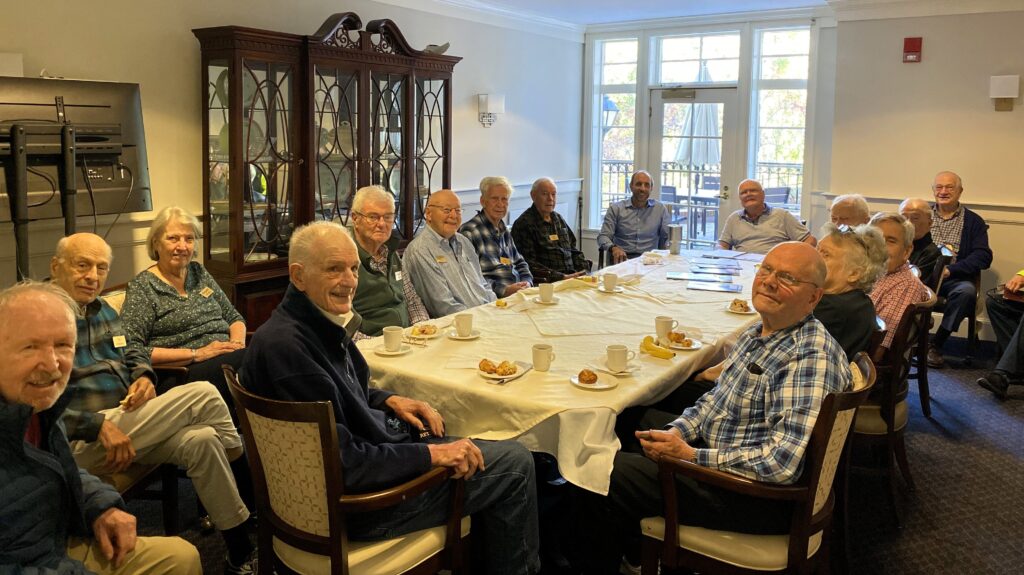
Dave Ching – U.S. Army Signal Corps

Photo: David Ching Wins Foreign Born Citizen of the Year from American Legion in Chinatown Post 328
In my late teens and early twenties, I was restless, always looking for something more challenging than playing basketball, swimming, or tennis — my favorite games — and tearing a radio apart to find out where the music came from.
To avoid the universal draft in my early twenties, I took the plunge by volunteering for the Army active reserve in the South Boston Naval Headquarters Building and dreamed of an overseas assignment. In the active reserve, I was assigned as a radar specialist. Then, I decided to volunteer for active duty and hoped for my overseas dream. Instead, I was sent to Camp Gordon, now Fort Gordon, for four weeks of military basic training.
Afterward, I was assigned to the Army Signal Corps radio and electronic school for all types of military electronic equipment training for nine months. After graduation, I was assigned to White Sands Proving Ground, New Mexico — a desert place very few people had ever heard of in the 1950s. Finding a way to White Sands Proving Ground was impossible. Luck turned my way when a train ticket agent in Boston South Station was able to navigate a way for me to get to El Paso, Texas. From there, I found my way to the Proving Ground before the Army labeled me as AWOL (Absent Without Leave).
At White Sands Proving Ground, I was assigned to a test laboratory working with two civilian engineers, a civilian boss, and a military man who was ready to be discharged from the service. The laboratory was filled with racks of electronic vacuum-tube equipment — often broken down — and a console for operators to monitor and track missile testing. Periodically, a remote-site trip was required to set up equipment for certain types of missile tests. I often spent time in a small building not far from the launch site. When a launch took off, unbearable sound, rocks hitting the building loudly, and dust were all over the area.
Living at White Sands Proving Ground was very comfortable and the meals were good, the only problem being isolation. All living quarters and laboratories had air conditioning for comfort. A small movie theater provided daily entertainment, and a swimming pool offered an after-work cool-off.
With that environment, I learned to discipline myself by knowing my time there would end at a certain date in my second year of service. Before my discharge, the department director offered me a civilian position. I turned him down mainly because of the isolation of the desert. Instead, he provided me a recommendation paper — better than the discharge paper for employment search.
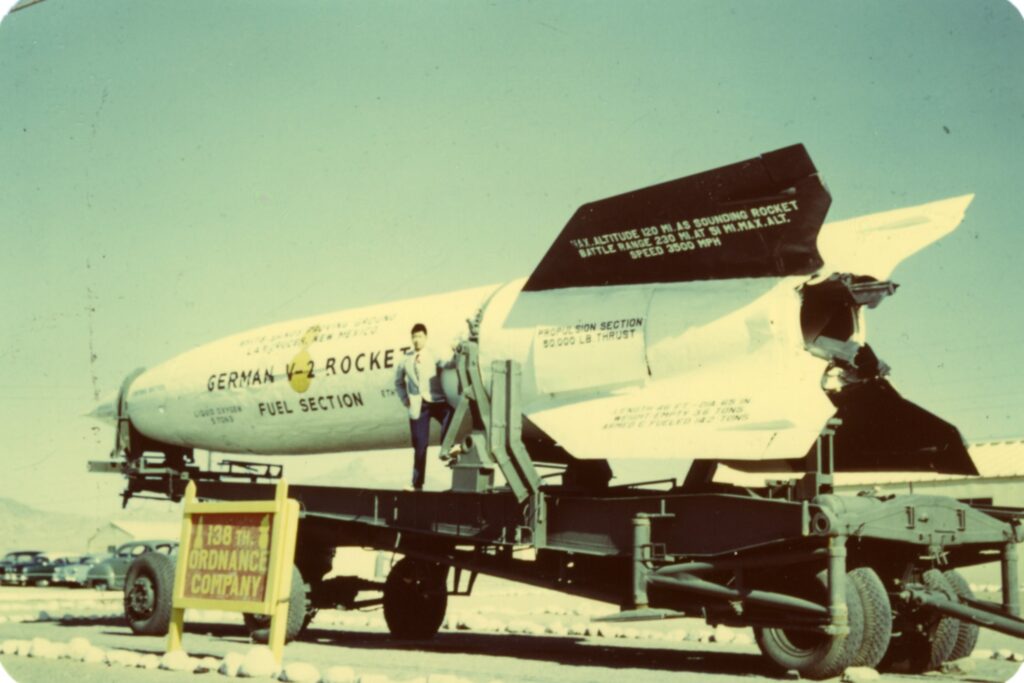
Two years after my discharge from service, I heard about a veteran organization, the American Legion, that wrote the GI Bill after WW1 and helped veterans attend college or trade school for free. Many Legion Posts throughout the country helped veterans and their families for VA benefits and offered leadership, scholarships, and many other programs. In 1957, I joined The American Chinatown Post 328 in Boston to help the community veterans, set up programs to keep youngsters from crime and drugs, culture enrichment, built hero squares to honor those gave their life for everyone’s freedom, and sometimes fight city hall for community issues. I have found it very rewarding and fortunate that I am still able to serve the Legion after so many decades.
The military service taught me to take things calmly under pressure, to stay self-disciplined, and to respect other human beings. I’m glad that I was able to serve my beloved country and preserve freedom for others.
Hajo W. Koester – U.S. Air Force Captain
Many fond memories come to mind. I served for five and a half years in the U.S. Air Force during the mid-1960s, stationed at Wright-Patterson AFB near Dayton Ohio, Vandenberg AFB near Lompoc California and Lindsey Air Station in Wiesbaden Germany.
I was very, very fortunate to have received these assignments. Not only did I do my duty, but also, the educational and professional experiences put me on a career path in the computer networking industry — the modern world of the Internet.
And finally, while serving in the Air Force I met Rosemarie. We married and are now happily living at Newbury Court. As a Vietnam-era vet, things might have gone a very different way — no one knows. We have a lot to be thankful for.
Photo: Captain Hajo W. Koester 1967

John Henry Leigh – U.S. Navy (USS Wasp)
I was a newly minted officer in the USNR serving aboard the USS Wasp (CVA-18), a fast attack carrier of the Essex class. It was 1953 and we were on our way to the Western Pacific for a nine-month patrol.
It came time to cross the equator (referred to as Crossing the Line) when those doing it for the first time, known as ‘pollywogs,’ must become ‘shellbacks’ worthy to enter King Neptune’s court after a brutal ceremony.
It was my time to be initiated since it was my first crossing. First came the wetting down with hoses. Then shellbacks put me in a coffin, bounced me around pretending to toss me overboard. Next came running a gauntlet of overzealous shellbacks equipped with rubber hoses eager to bruise my backside. Finally, kissing King Neptune’s fat belly entitled me to a certificate of promotion to shellback.
Come to think of it, I never got a chance to whack some pollywogs.
Bob McIndoe – U.S. Marine Corps
Serving in the United States Marine Corps was one of the most meaningful experiences in my life. Some of my closest long friendships are with men I met through the Corps. On Monday, November 10, 2025, the Corps will celebrate its 250th birthday.
It is not surprising the Marines’ motto is Semper Fidelis (Always Faithful) given their loyalty to the country and to their fellow Marines.
Doug Miller – U.S. Army Special Forces (Vietnam)
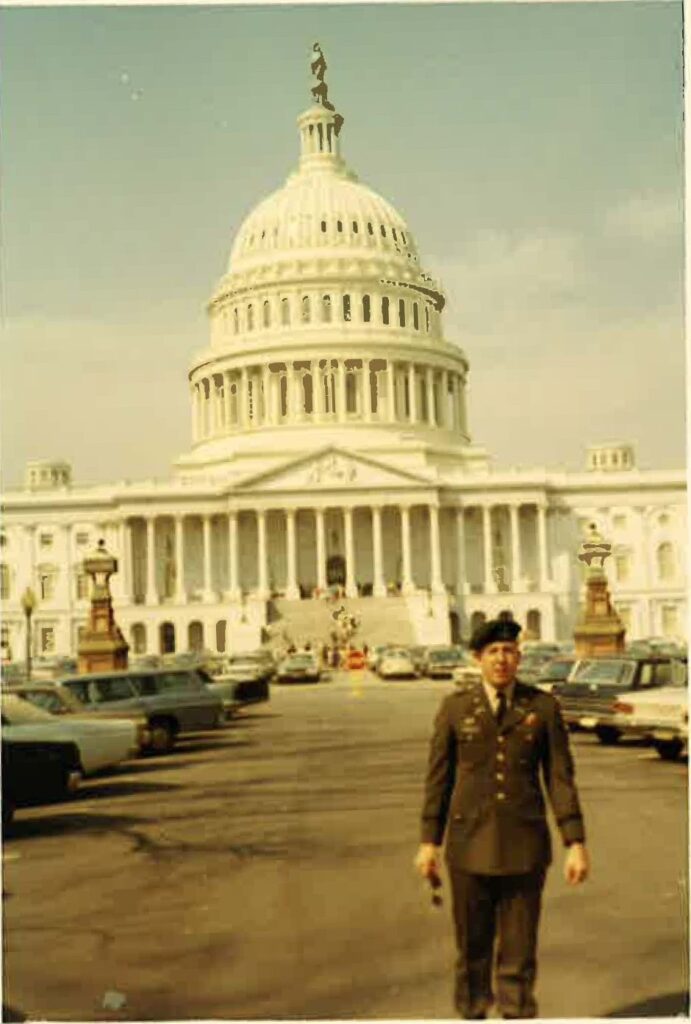
I was in Vietnam as a Special Forces officer, 1968–69. I lead teams of long-range recon to conduct ambushes and find targets for the B -52s. The risks were very high, and a number of our team were wounded and a few died.
It turned out to be a very significant change in my life. Leading small teams in combat made me more serious about helping others. It helped me substantially in my business career in private equity and drove me toward more focus on helping others.

One of my proudest moments was building a school for Vietnamese children–a positive thing. The school was blown up by the NVA the next day.

In 2007, we provided the funds to build a new school on the site of the school that was destroyed. Ten years later, we visited the school.
Jon Saphier – U.S. Army Medic (Vietnam)
When I was drafted in 1966, I didn’t have strong feelings about the war as many justifiably did. I did, however, feel it was my duty to go, especially since most draftees were people of color and those who didn’t have advantages to use to avoid service. It didn’t seem fair.
I learned in my year as a medic that soldiers would do anything to save a buddy, and that both the worst and best of human nature is brought out in combat.
Frank Wezniak – U.S. Navy Officer
I found my experience as a U.S. Navy Officer to be a very maturing, growing experience. I had to learn how to be a manager / leader of a group as an officer in charge of maintenance at a radar facility, and the opportunity to see a different part of the United States, California. Both educational and maturing. I enjoyed the experience and would recommend it highly to all college graduates.

From the deserts of New Mexico to aircraft carriers to medical tents in Vietnam, these residents exemplify the spirit of service.
That same spirit continues to thrive here at Newbury Court. Under the leadership of Dave Ching, the veterans group meets regularly to share fellowship and reflection. Dave organizes quarterly veterans breakfasts with fellow residents and Dick Krug, Concord’s Veteran Services Officer — as well as outings like the Concord Council on Aging’s veterans breakfast and group trips to the American Heritage Museum.
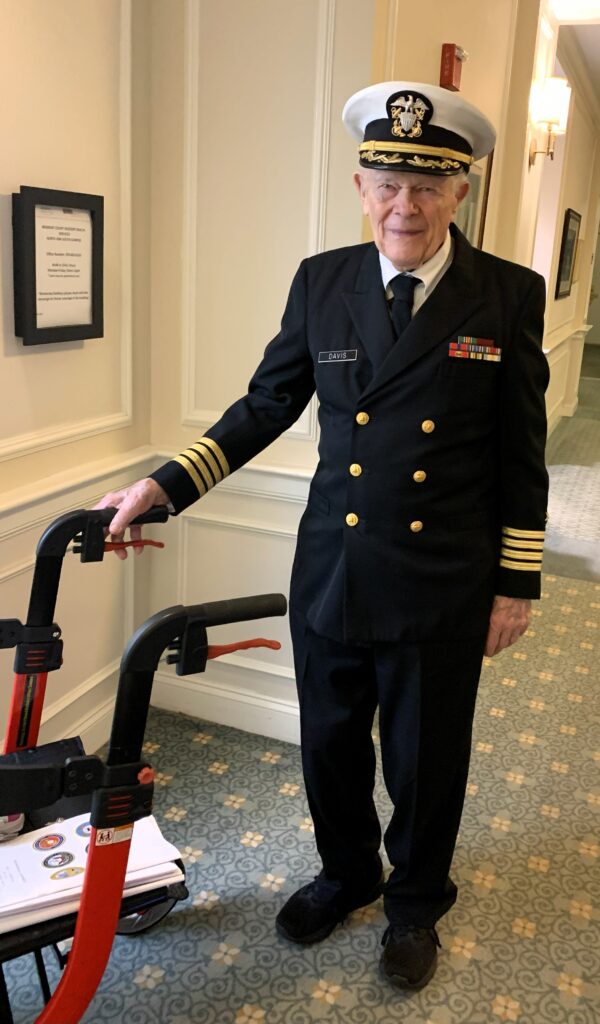
Through these gatherings, stories are preserved, friendships deepened, and the sense of purpose that defined their service continues to shape life at Newbury Court.
To all who have served: thank you.
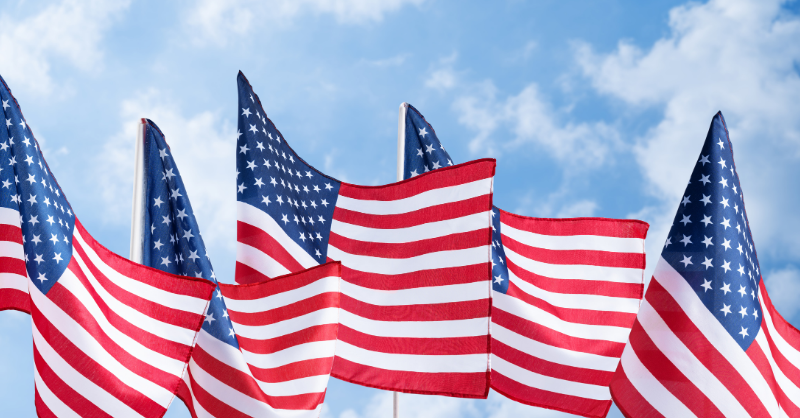
This was such a great article! Thank you all for your service and for sharing your insights with us!